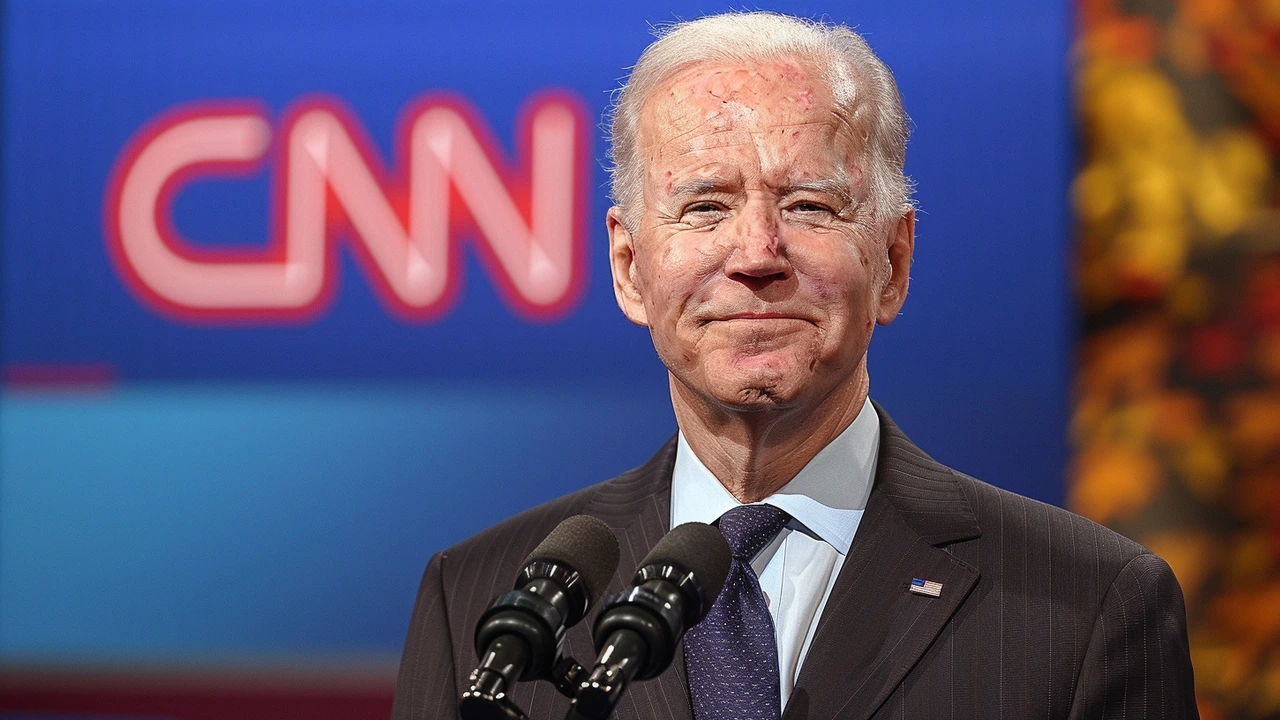Political analysis: fast, clear takes on African power and policy
If you want to understand who’s winning, who’s losing, and why a story matters, you’re in the right place. Our political analysis tag breaks down big events into simple, useful insights you can act on — whether you’re a student, a voter, or just curious.
How we cut through the noise
We don’t just repeat headlines. We ask three plain questions for every story: what happened, who gains or loses, and what comes next. That helps you spot the consequences fast. For example, when South Africa shifted R11.8 billion toward private security because of SAPS failures, we look past the number. Who benefits from the contracts? What does this mean for policing reform and public trust? That kind of focus turns figures into real-world choices.
We check official statements, budgets, and local reporting so our takes have a solid base. When JAMB moved UTME registration dates and suspended some law programs, the change wasn’t just administrative. It affects admission timing, test-center integrity, and student plans. Our analysis flags those immediate effects and the likely follow-ups — more audits, policy fixes, or new deadlines to watch.
What you’ll find here
Short, sharp summaries that respect your time. Each piece gives a one-line takeaway, the key players, and two to three reasons the story matters. Want deeper context? We add background: past policy choices, budget lines, or regional politics that explain why today’s event fits a pattern. For instance, coverage about church-state ties after Pope Francis’s passing looks at political influence, not just ceremony—how religious leaders shape public debate and policy across regions.
We also flag follow-up moves to watch. After a big scandal or a policy shift, we say who’s likely to act next — ministers, opposition parties, courts, or international bodies — and what win/loss looks like for each. That makes it easier to track developments without re-reading every update.
Want to use our analysis? Start with the takeaway line. If it matters to you, read the short evidence list. If you need to brief someone, copy the one-line summary and the next-step watchlist. That keeps discussions tight and focused.
Questions you should ask while reading: Who’s shaping the narrative? What incentives drive the players? Is this a one-off shock or part of a trend? These questions help you spot the real story behind headlines.
We aim to be practical, honest, and quick. Bookmark this tag for clear analysis of African politics, policy moves, and power plays. Come back when you need a fast read that actually helps you understand what’s coming next.

MSNBC’s Honest Take on Joe Biden’s Debate Performance Shows Commitment to Truth
Keabetswe Monyake Jun 28 19MSNBC’s detailed coverage of Joe Biden’s disappointing debate performance reflects the network’s dedication to candid journalism. Their team, led by Rachel Maddow, engaged in sincere analyses post-debate, addressing Biden’s weaknesses without bias. Even loyal supporters on 'Morning Joe' critically assessed his suitability, underscoring MSNBC’s commitment to honest political introspection.
More Detail